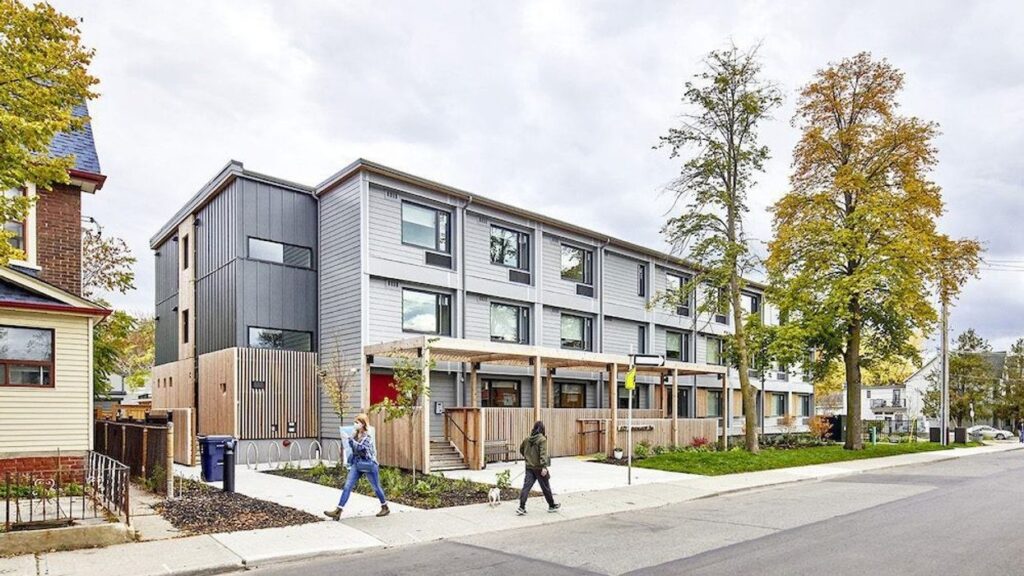
Resale Value of Modular Homes: What You Need to Know
In the evolving world of real estate, a burning question is, what is the resale value of modular homes? Many potential homebuyers and current homeowners are curious about how modular homes stand up in the market, both in terms of value and longevity.

Understanding Modular Homes
Modular homes are a type of prefab structure, built in sections or modules in a factory setting. These modules are then transported and assembled on a permanent foundation. Unlike traditional homes, which are built on-site, modular homes can be completed faster and often offer cost savings.
Learn more about how modular homes are constructed by visiting this Wikipedia article.
Why Consider Modular Homes?
The appeal of modular homes is increasing due to their modern design, customization options, and eco-friendliness. Homebuyers often opt for modular homes because they merge efficiency with innovative design.
Benefits of Modular Homes
Modular homes are typically quicker to build and can have fewer unexpected costs. They also tend to be more energy-efficient, offering lower maintenance costs over time. Additionally, building in a controlled environment reduces waste and potential construction delays.
For more insights into modular homes’ benefits, take a look at this article on energy-efficient modular homes on The Good Home.
What Affects the Resale Value?
Several factors can influence the resale value of modular homes. These include location, market demand, supply chain stability, and technological advancements in building materials. Modern modular homes often feature state-of-the-art design and construction technology, which can make them highly desirable.
Location, Location, Location
Just like with any real estate, location plays a crucial role. A modular home in a thriving area with good schools and community values will likely appreciate more than one in a less desirable location.
Quality of Construction
The quality of materials and the expertise of the builders can affect the home’s durability and appeal to future buyers. A well-made modular home can have a higher resale value compared to one with lower-quality construction.
Learn more about the impact of construction quality through this construction insights on The Good Home.
Comparing Modular Homes to Traditional Homes
One of the most common comparisons is between modular homes and their traditional counterparts. Understanding this comparison can help potential buyers make informed decisions about investments in modular homes.
Cost and Time Efficiency
While the initial cost of modular homes can be comparable to or slightly higher than traditional homes, the overall savings often come in the form of reduced construction time and lower energy bills. This cost efficiency can positively impact resale value.
Perception and Market Trends
One might wonder, does public perception affect the resale value of modular homes? The answer is yes. As more homeowners embrace sustainable living and innovative construction, modular homes are gaining popularity, potentially boosting their resale value.
Evaluating Investment Potential
From an investment perspective, modular homes offer a promising return on investment. Their growing acceptance in the market as a viable alternative to traditional homes provides a sound opportunity for appreciation, especially as sustainability becomes a priority for many buyers.
Case Studies and Market Trends
Several case studies show that modular homes hold their value similarly to traditional homes. In some cases, they may outperform in terms of appreciation. It is crucial to stay current with market trends and buyer preferences to understand how these trends affect home values.
For more about the future of modular homes, check out this low-carbon housing solutions.
Conclusion
Investing in a modular home can be a wise decision given their durability, cost-effectiveness, and increasing popularity. The resale value of modular homes is increasingly positive as market factors, quality construction, and public preference continue to evolve.

Frequently Asked Questions
How do modular homes compare in value over time?
Modular homes often maintain their value similarly to traditional homes, depending on factors like location, design, and market conditions.
Can modular homes be customized?
Yes, one of the significant advantages of modular homes is their ability to be customized to fit personal needs and desires.
Are modular homes a sustainable option?
Modular homes are considered a sustainable option due to their efficient use of materials, reduced waste, and energy-efficient designs. You can learn more from this blog on what modular means.
This article contains affiliate links. We may earn a commission at no extra cost to you.